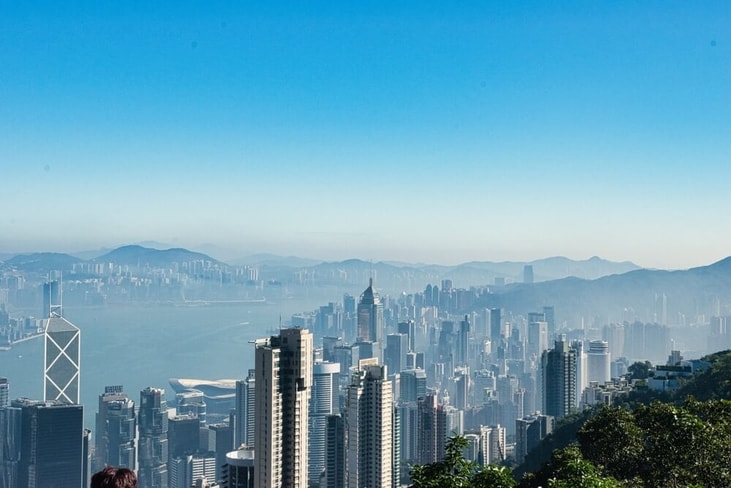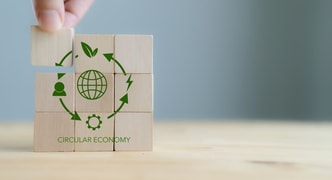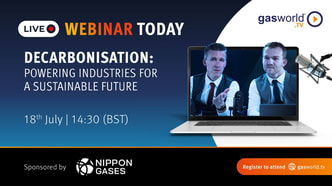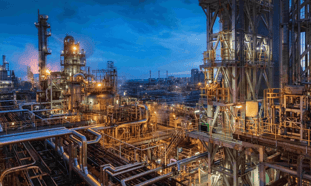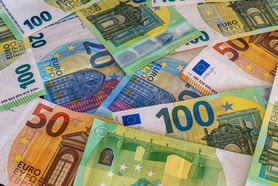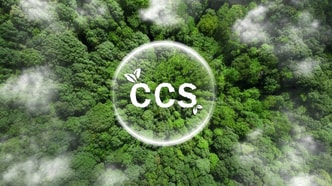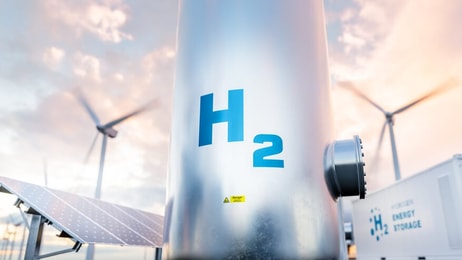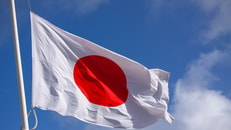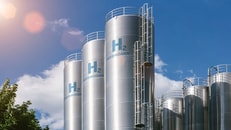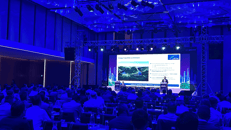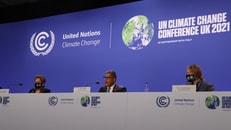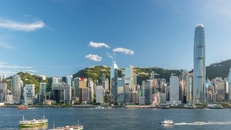Towngas and Veolia launch low-carbon hydrogen project in Hong Kong
The Hong Kong and China Gas Company (Towngas) and Veolia will develop a new low-carbon hydrogen project in Hong Kong’s in response to the government’s hydrogen development strategy.
Located at a landfill site, the project aims to convert waste to energy by using biogas to produce the clean hydrogen. According to a Memorandum of Understanding signed between the partners, Towngas and Veolia will collect biogas from the landfill and convert it into hydrogen with steam methane reforming technology.
The hydrogen is considered low-carbon because the biogas is produced from the breakdown of organic matter at the South East New Territories Landfill Extension (SENTX) in Tseung Kwan O.
Once developed, the project is expected to produce around 330kg of hydrogen per day – enough to power seven to right hydrogen buses for a full day.
... to continue reading you must be subscribed

